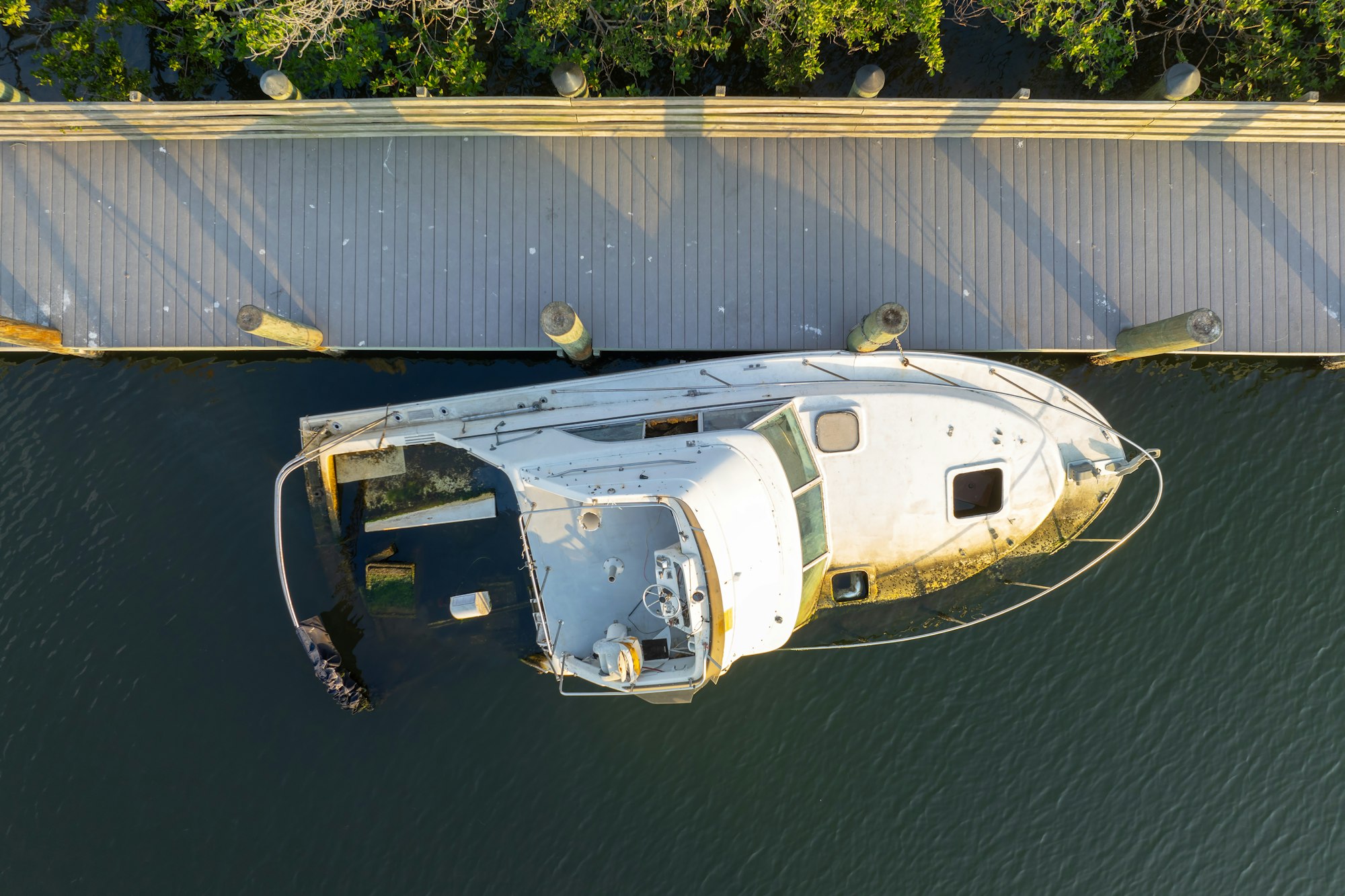Now Reading: How Common Are Boating Accidents?
-
01
How Common Are Boating Accidents?

How Common Are Boating Accidents?
Boating accidents, though less frequent compared to road incidents, are a significant safety concern, especially during peak recreation months. In 2023, there were 4,040 reported boating accidents, reflecting a notable decrease from previous years. Understanding the factors contributing to these accidents can aid in prevention and ensure safer boating experiences.
Alcohol remains the leading known contributing factor in fatal boating accidents. In 2023, it accounted for 79 deaths, representing 17 percent of the total fatalities. Common vessel types involved in these mishaps include open motorboats, personal watercraft, and cabin motorboats, highlighting that a broad spectrum of boaters must stay vigilant.
Geographical factors also play a role, with states like Florida being particularly affected, as they lead in recreational boating deaths and injuries. These statistics underscore the importance of implementing effective safety measures and promoting awareness among the boating community. By doing so, the likelihood of serious accidents can be reduced, making waters safer for everyone.
Boating Accident Statistics
The attorneys at Flexner Houser Injury Law remind that us boating accidents can be serious and are a significant concern for those who enjoy recreational boating. Understanding how frequently these accidents occur and how they compare to other forms of transportation can help emphasize the importance of boating safety.
Frequency of Accidents
Boating accidents remain a critical issue in maritime safety. In 2022, the United States Coast Guard reported 636 boating fatalities, marking a 3.3% decrease from the previous year. This figure reflects ongoing efforts to improve safety practices among recreational boaters. Despite this, the number of accidents continues to highlight the need for vigilance and adherence to safety procedures.
The types of accidents frequently reported include collisions with recreational vessels, flooding or swamping, and accidents involving grounding. These incidents underscore the importance of basic safety measures, such as wearing life jackets and following navigational rules.
Comparison With Other Modes of Transportation
When comparing boating accidents to other modes of transportation, boats still pose a notable risk, though less frequent than road traffic incidents. According to recent statistics, thousands of accidents occur on U.S. roads leading to vehicle-related fatalities that far exceed those in boating. This difference can be attributed to the volume of road traffic versus maritime activities.
However, the severity of boating accidents often results in high fatality rates relative to the number of incidents. Boating requires navigational skill and awareness, particularly in variable weather conditions. This complexity means a significant commitment to safety can substantially reduce accident rates in maritime settings.
Factors Contributing to Boating Accidents
Boating accidents are often caused by a mix of human error, environmental influences, and mechanical issues. Understanding these factors can help in taking preventive measures and increasing the safety of recreational boating.
Human Error
Human error is a leading cause of boating accidents. It often includes actions like operator inattention, which can easily lead to collisions. Another critical error is operator inexperience. A lack of knowledge can result in poor decision-making and ineffective handling during critical moments. Alcohol use continues to be a significant factor, contributing to a high number of fatal accidents. Abiding by rules and ensuring operators are trained can significantly reduce these risks.
Environmental Factors
Environmental conditions also play a crucial role in boating accidents. Poor weather, such as fog or heavy rain, can significantly reduce visibility and lead to crashes. Unpredictable changes in the water, like strong currents and waves, can capsize smaller vessels. Navigational hazards like submerged objects and crowded waterways require attention to detail. Proper planning and weather assessment before embarking can mitigate these dangers.
Mechanical Failures
Mechanical failures can unexpectedly disrupt a boating trip and lead to accidents. These may occur from inadequate maintenance or aging equipment. Common issues include engine failure, steering malfunctions, or electrical problems. It is vital for boaters to conduct regular maintenance checks and ensure their vessel is in optimal condition before setting out. Equipment inspections and routine servicing help prevent these types of failures from occurring.










